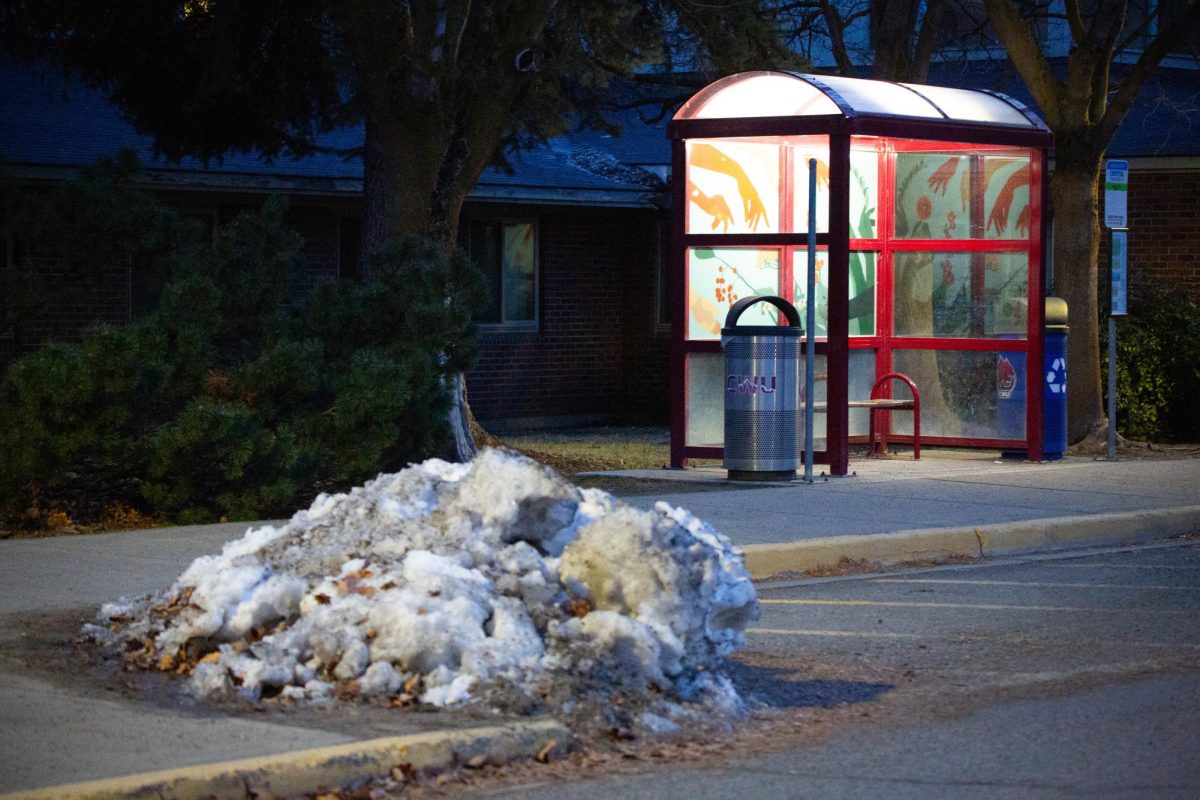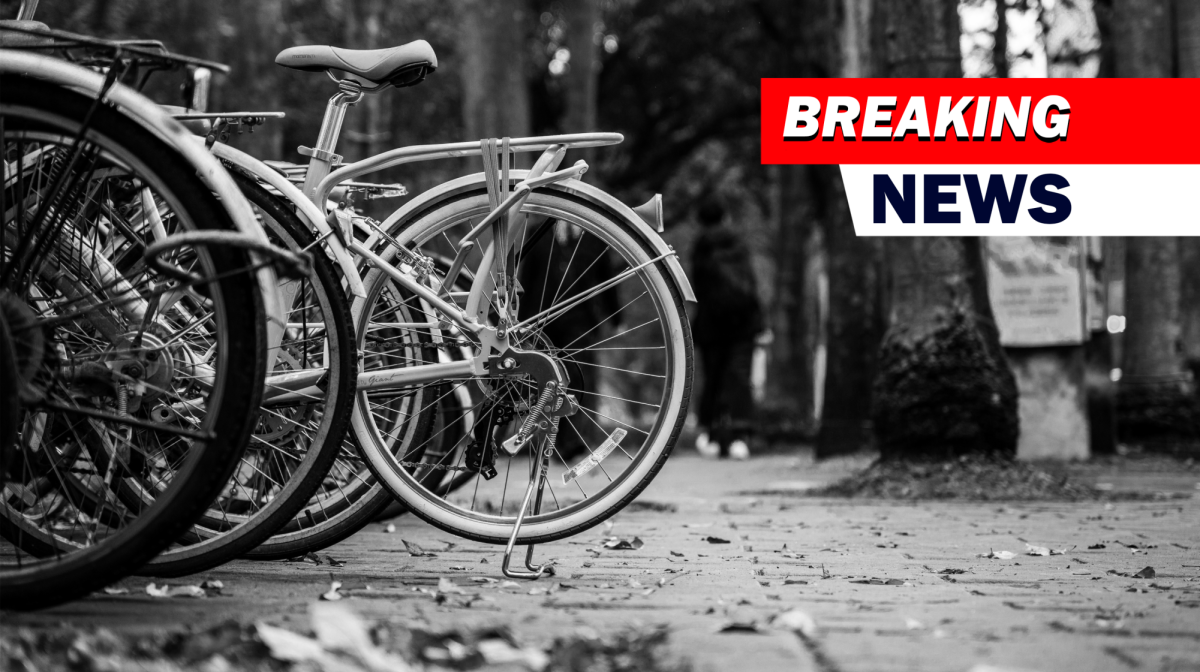BY MIKAILA WILKERSON, Staff Reporter
Biology students are in for a treat as they will soon receive a flow cytometer that is coming to the university.
Blaise Dondji, Assistant Professor within the Biological Sciences Department, said the cytometer is a piece of equipment that is used to examine cells and other particles.
Dondji said they are hoping to get the flow cytometer within the next two or three months.
“They analyze cells for their physical characteristics, and at times you can also have chemical characteristics identified using that equipment,” Dondji said.
Cells are given a fluorescent dye to help the researchers identify what they’re looking for. The cells are then put into the cytometer to distinguish between the different cell types that can be found within the sample.
The cytometer can also tell you the functions of the cells that are being observed.
“I think that’d be pretty interesting because you’d get to find out more [about the cells] and how they function,” Briseida Guerrero, a sophomore, said.
Gabrielle Stryker, Associate Professor in the biological sciences department, did her Ph.D. using flow cytometry while at Johns Hopkins University.
“We teach a class in immunology techniques. We really want to expose students to these techniques because they’re used in a lot of labs,” Stryker said.
The department hopes to give their students better opportunities after graduation with these experiences.
“By exposing students to the flow cytometer and how it works and the kind of data you can obtain from flow cytometry, that puts them in a better position to be hired by companies when they graduate,” Stryker said.
According to Dondji, the flow cytometer can be used in medicine, organ transportation, plant or marine biology, and also in chemotherapy.
“Any student interested in identifying, determining cell type and cell population size in their sample can use it, provided that they have the right fluorescent dye to stain [cells] with,” Dondji said.
As an example, Stryker explained how the cytometer would work to detect HIV.
“They’ll take blood from people with HIV and look at that ratio, because you should have a lot more CD4s than CD8s, but HIV kills off the CD4 cells,” Stryker said.
Other science teachers who will be working with high school students will be exposed to the flow cytometer, which will allow them to pass information regarding flow cytometry on to the high school students they will be teaching.
“I think it’s pretty cool. I’m a Bio major so to me, [the cytometer] is interesting,” Celeste Stroup, a junior, said.
The W.M. KECK Foundation, located in Los Angeles, CA, has contributed 73 percent of the funding towards this project. The Murdock Charitable Trust, located in Vancouver, WA, contributed 26 percent, and The Seattle Foundation contributed 1 percent.
The Biology Department received grants from the KECK Foundation, and the check to cover the project was received just before Christmas.
“The money’s here already, so we are working with companies to get the best piece of equipment at the lowest price we can get on the market,” Dondji said.
Part of the KECK money will be going towards undergraduate student fellowships to help them do research projects over the summer, according to Stryker.
Dondji said the department is offering summer fellowship programs for students who are interested in doing research using flow cytometry. The program will continue for three years and during these individual fellowships, students will be doing research projects for nine weeks.
“We are going to advertise the summer fellowship soon, so [students] should be on the lookout to see when we advertise that and see the conditions that they should fulfill to be able to apply.”







